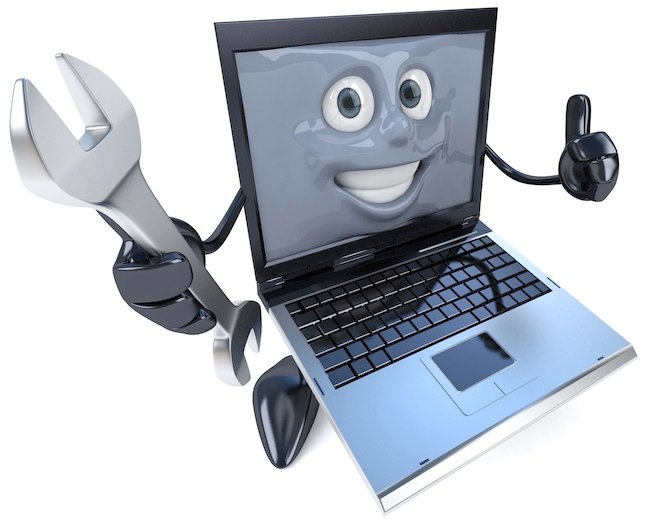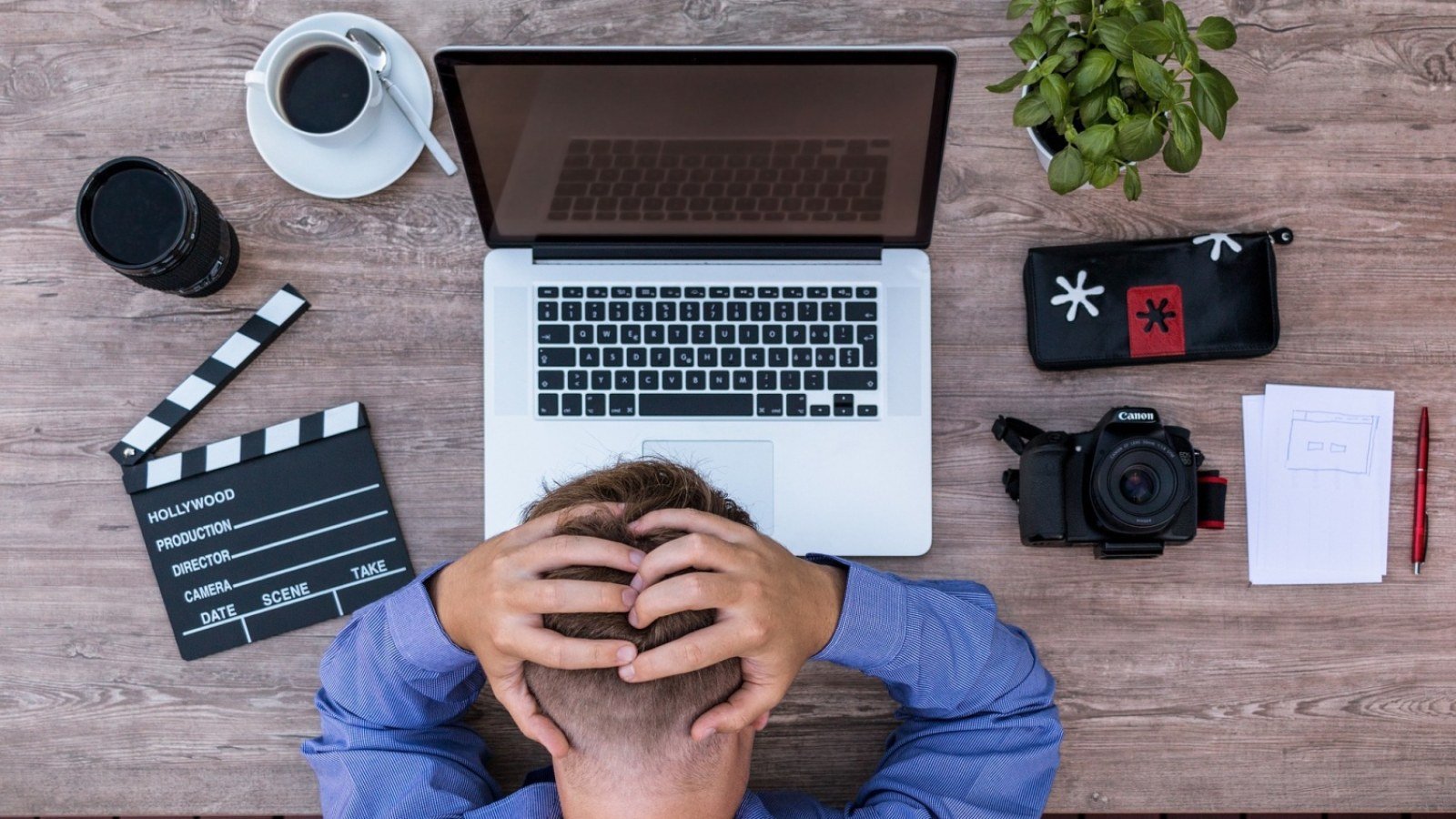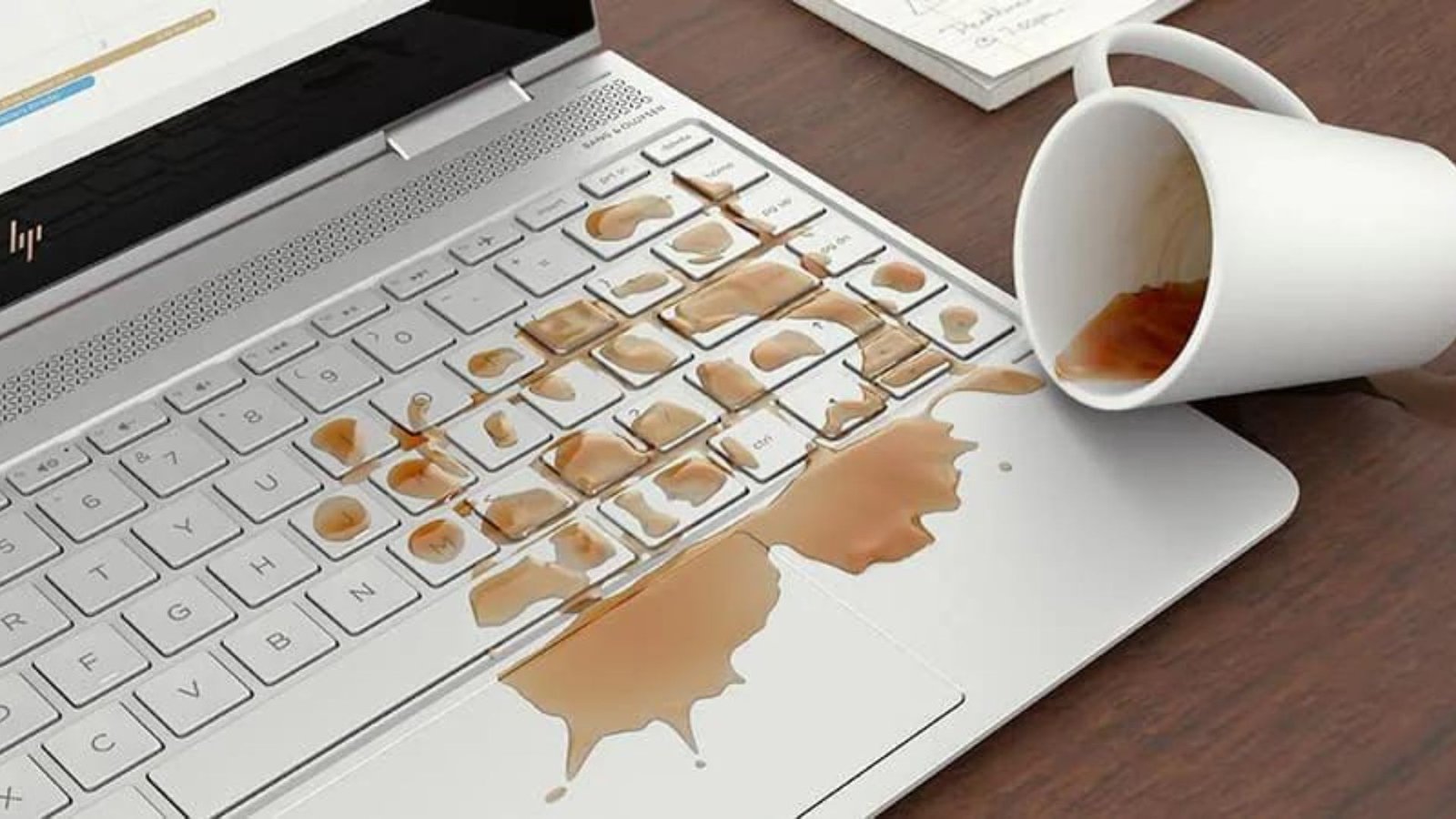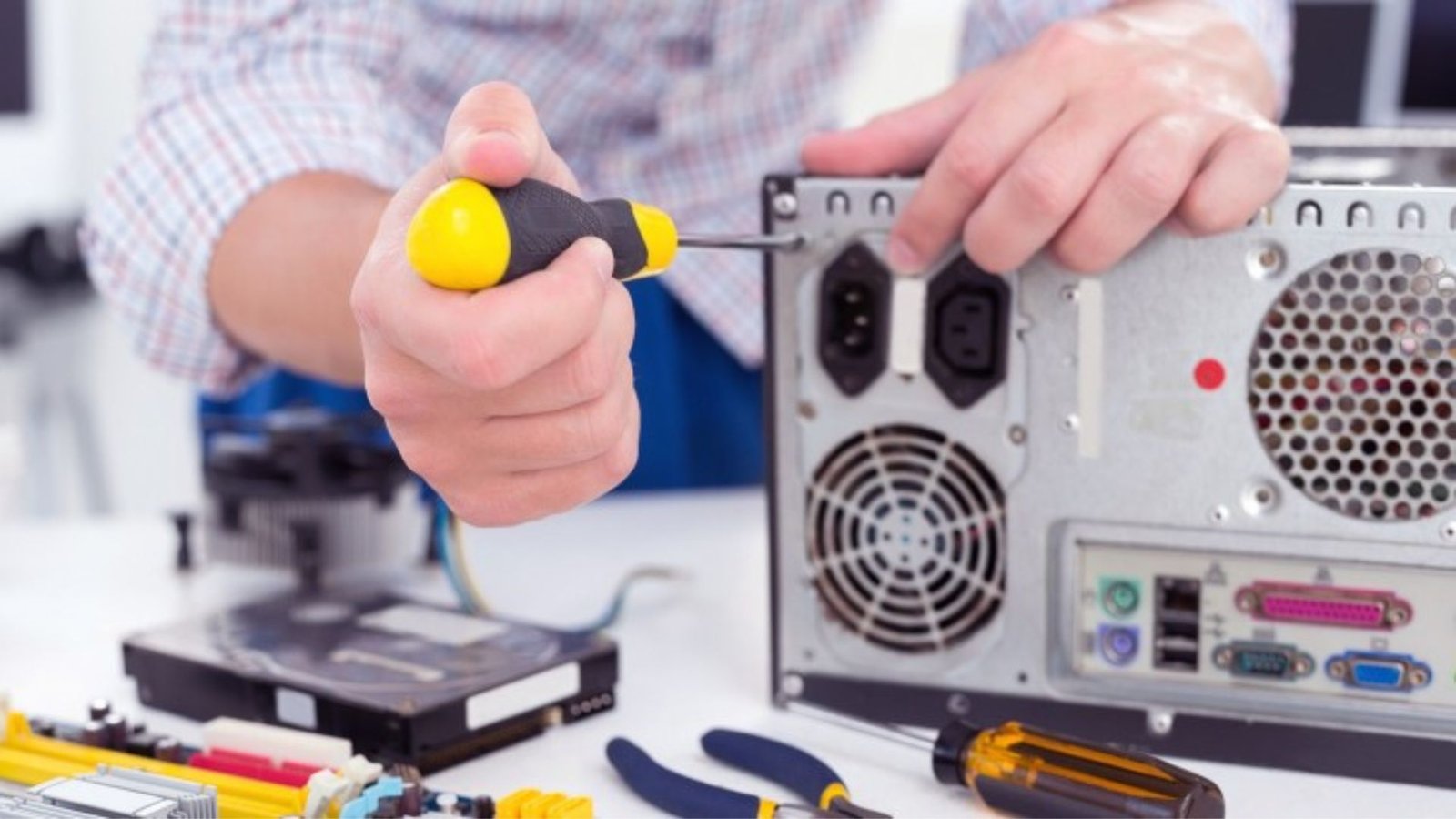Maintaining your personal computer is crucial for ensuring its longevity and performance. Regular upkeep can prevent issues and extend your PC’s life. Here are some key tips for maintaining your personal computer effectively.
Regular Software Updates
Keep Your System Up to Date
One of the most important aspects of maintaining your personal computer is keeping your software up to date. Updates often include security patches and performance improvements. To make this easy, enable automatic updates for your operating system and software. Regular updates help protect your PC from vulnerabilities and bugs.
Update Your Applications
In addition to system updates, regularly update your applications. Software developers release updates to fix bugs and enhance features. Keeping your applications updated ensures they run smoothly and securely.

Perform Regular Backups
Schedule Automatic Backups
Backing up your data is crucial for protecting your files. Set up automatic backups to an external drive or cloud service. This way, you won’t have to remember to back up manually. Regular backups protect against data loss due to hardware failure or accidental deletion.
Verify Backup Integrity
It’s important to periodically verify that your backups are functioning correctly. Check that you can access and restore files from your backups. This step ensures that your data is safe and retrievable when needed.
Clean Your Hardware
Keep Your PC Dust-Free
Dust buildup inside your computer can lead to overheating and performance issues. To maintain your personal computer, clean the interior regularly. Use compressed air to remove dust from vents and fans. Ensure your PC is powered off and unplugged before cleaning.
Clean Your Peripherals
Don’t forget about your peripherals. Regularly clean your keyboard, mouse, and monitor to keep them in good condition. Use a microfiber cloth for screens and gentle cleaning solutions for other surfaces.
Manage Storage Space
Delete Unnecessary Files
Over time, your computer accumulates unnecessary files that can slow it down. Regularly delete old files, temporary files, and unused applications. Use built-in tools like Disk Cleanup on Windows or Optimize Storage on macOS to free up space.
Monitor Disk Usage
Keep an eye on your disk usage to prevent it from becoming full. Running out of storage can affect performance. Use system tools or third-party applications to monitor disk usage and manage your storage effectively.
Install and Update Antivirus Software
Use Reliable Antivirus Software
Maintaining your personal computer also involves protecting it from malware and viruses. Install reputable antivirus software and keep it updated. This helps guard against malicious threats and ensures your PC remains secure.
Run Regular Scans
Schedule regular scans with your antivirus software to detect and remove any potential threats. Regular scanning helps identify issues early and prevents them from causing significant damage.
Optimize Performance
Manage Startup Programs
Too many programs running at startup can slow down your computer. To improve performance, manage your startup programs. Disable unnecessary applications that start automatically when you boot your PC.
Perform System Maintenance
Regular system maintenance can enhance performance. Use built-in tools to defragment your hard drive, optimize your system, and check for errors. These steps help keep your PC running efficiently.
Conclusion
Maintaining your personal computer involves several key practices. From regular software updates and backups to cleaning hardware and managing storage, these tips are essential for keeping your PC in top condition. By following these guidelines, you can ensure your computer runs smoothly and remains reliable for years to come.











